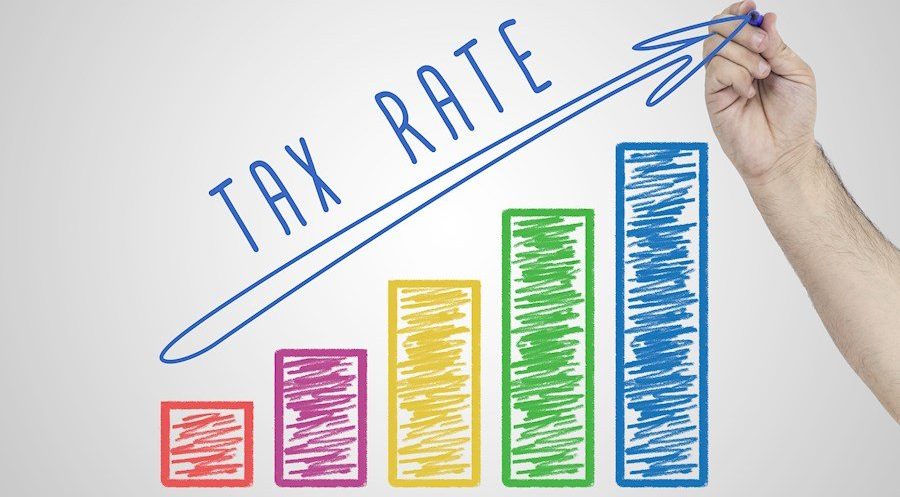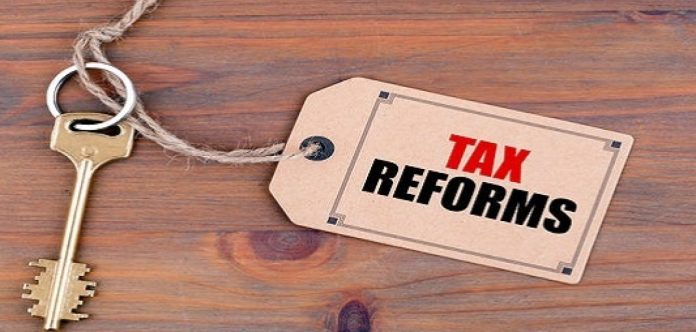- One of the most keenly awaited announcements during the Annual Budget is to see what the Union Government of the day proposes concerning income tax, corporate and individuals alike. Citizens are especially keen to know what the future holds for them since it concerns their own budget calculations for the ensuing year. As you are aware, the tax returns filing citizens is not something the authorities should be proud about. It is reported that out of a population of 135 plus crore, less than 7 crore returns are filed in the country. Needless to mention, there is a huge challenge to usher in a simplified tax regimen aimed at expanding the coverage far and wide.

PC: ASHWINI KUMAR SHARMA
- On top of it, aggrieved taxpayers wishing to seek relief approach available redressal mechanism leading to an unenviable situation of India being labeled as a litigation-prone tax jurisdiction. Against this backdrop, it is heartening to hear the Government of India officials mention that the overarching aim of direct tax policy reform is to move towards a simpler regime, without exemptions and low rates. A transition to this regime will drastically reduce litigation and also be a fairer one. Reports released throws light on how litigation has kept mounting over the years. For example, in 2014-15, about Rs. 2.1 lakh crore had been under dispute for a duration between one and two years.
- And by 2020-21, it had increased more than threefold to Rs. 6.6 lakh crore. Note that an underlying cause for litigation, an abundance of loopholes, also limits the tax collection to a great extent. To throw further light on the issue, the effective tax rate for corporate taxpayers in 2019-20 was 22.5% which was lower than the statutory tax rate of 25.2% for companies that opted for a new tax regime where there are no deductions. Needless to mention, the current tax regime neither prevents litigation nor does it yield even the rate Government of India expects in a simpler regime. You may be aware that there is a collective effort led by richer countries to get major economies to agree to a minimum tax rate.

PC: CASTKING BROCHURE
- This is so because sovereign governments face limitations in setting tax rates on companies because capital is mobile. As such, a thoughtful shift to a simpler tax regime will reduce the incidence of litigation, and, thereby, attract more investment. Of course, what about individual taxpayers who always construe to be ill-treated by the authorities? Mind you, there is a lopsided exemption regime that keeps rates high. Further, 75% of the returns filed are for income below Rs. 5 lakh. There are two separate reforms needed here. The threshold for tax, is Rs. 2.5 lakh, needs to be indexed to inflation. The current floor has been in place since July 2014. Inflation has effectively lowered the tax threshold over succeeding years.
- Therefore, linking it with inflation makes it fairer and removes an unwarranted discretionary power. The next logical step is to supplement the same by a timeline to move everyone to a regime without exemptions save for retirement savings, and also make the process of filing returns truly simpler. Interestingly, all these aspects have been addressed in GOI’s tax reform reports. Now, they should be made public to gain wider acceptance and to usher in reforms sooner.






